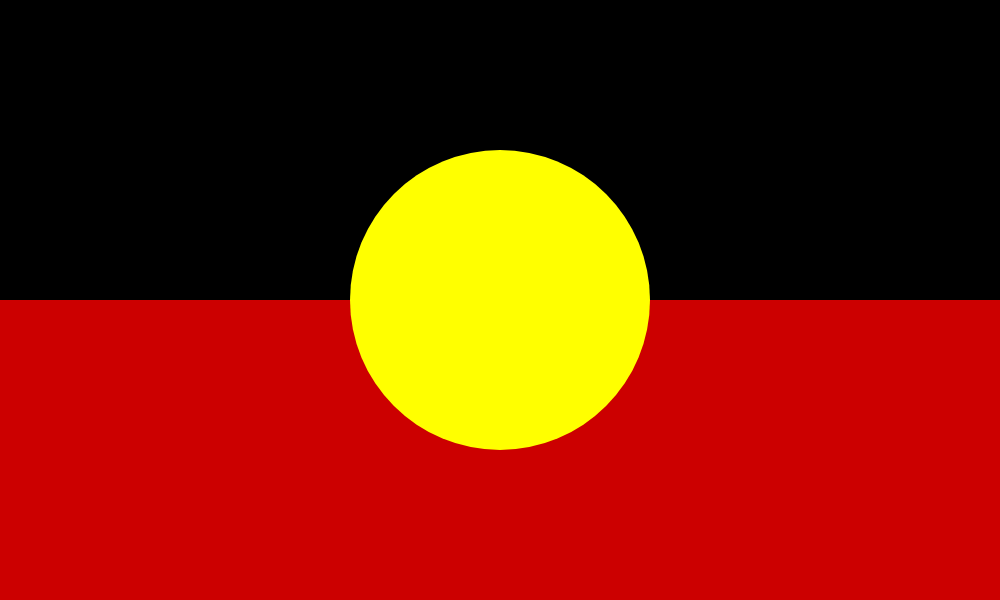January 26 marks the colonisation of Australia and the grief, heartache and pain that this has inflicted on First Nations people for generations. It is also a moment to recognise the ongoing survival of the oldest existing culture in the world today.
On January 26, 1788, Captain Arthur Phillip raised the British flag at Warrane, marking the beginning of British colonial rule on Gadigal land. This date, originally commemorated as Foundation Day, has evolved into Australia Day. However, this day also represents the start of the invasion, suffering, and dispossession for Aboriginal and Torres Strait Islander peoples. The true history of these lands spans over 60,000 years, far preceding colonial times.
When British settlers began colonizing Australia in 1788, between 750,000 and 1.25 Aboriginal Australians are estimated to have lived there. Soon, epidemics ravaged the island’s indigenous people, and British settlers seized Aboriginal lands.
Though some Aboriginal Australians did resist—up to 20,000 indigenous people died in violent conflict on the colony’s frontiers—most were subjugated by massacres and the impoverishment of their communities as British settlers seized their lands.
Between 1910 and 1970, government policies of assimilation led to between 10 and 33 percent of Aboriginal Australian children being forcibly removed from their homes. These “Stolen Generations” were put in adoptive families and institutions and forbidden from speaking their native languages. Their names were often changed.
For many Aboriginal and Torres Trait Islanders, January 26 is a day of mourning, symbolising the loss of their ancestors, their land, and their rights. It recalls the devastating impact of the Frontier Wars, the ongoing trauma, and the systemic injustices that continue to this day, including disproportionate rates of Black deaths in custody, health inequities, and the desecration of sacred sites. Celebrating on this day overlooks these painful realities and the resilience of First Nations peoples in the face of ongoing colonisation.
-
The truth about white Australia: The genocide few talk about
-
The killing times: the massacres of Aboriginal people Australia must confront
-
Indigenous kids are still being removed from their families, more than ever before
Megathreads and spaces to hang out:
- 📀 Come listen to music and Watch movies with your fellow Hexbears nerd, in Cy.tube
- 💖 Come talk in the New Weekly Queer thread
- 🔥 Read and talk about a current topics in the News Megathread
- 🐱👤 Come talk in the New Weekly PoC thread
reminders:
- 💚 You nerds can join specific comms to see posts about all sorts of topics
- 💙 Hexbear’s algorithm prioritizes comments over upbears
- 💜 Sorting by new you nerd
- 🌈 If you ever want to make your own megathread, you can reserve a spot here nerd
- 🐶 Join the unofficial Hexbear-adjacent Mastodon instance toots.matapacos.dog
Links To Resources (Aid and Theory):
Aid:
Theory:



I mostly can’t focus for to long and I constantly forget what I read
That's normal. Reading is a practice. The more out of practice you are, the harder it is to focus. Focus will come. Keep your phone in another room, set yourself some achievable reading goals (on my to do list sometimes I'll set three goals: read 10 pages, read 20 pages, read 30 pages so I still feel accomplished if I only read 10) and be fair to yourself that you're out of reading shape, for now give yourself credit for small achievements.
As for reading comprehension, I find taking notes helps a lot. Also discussing what you're reading can help a ton, if it's an option reading groups or book clubs are great ways to formally and critically reflect on what you've read.
Good for you for trying! There are a lot of people who have basically stopped reading nowadays. What are you reading right now?
I just started Debt the first 5000 years, I’ve been meaning to read this one for a while and I want to start reading some Marx and what not, but I have a hard time really understanding any theory in general
That's cool, it's a very good book and remains one of my faves. Honestly there is a bit in the beginning (like maybe chapter 3 or 4?) that was very tough to get through - if I remember correctly it was about Hindu(?) mystic conceptions of life as debt - and then it opens up. Honestly reading that book is a real experience because when you're like 2/3 of the way through and are like "geez I don't know if I can keep this up" the book actually completely changes pace, and becomes an overview of known history with reference to the established theory.
It can be a tough text to get through, I know several people in one of my book clubs who do read regularly who didn't finish it. I hope you stick with it, but if you don't you should know you'd be in good company.
OH one other technique for retention that I use is that for denser texts like Debt I usually also have the audiobook, so I end up going through the text twice without feeling like I do. Sometimes I'll listen first, and get a sense of which sections I'll want to go through slower with the text, and sometimes I'll read first and then listen to the audiobook when I'm riding my bike or something to get a second pass. I find it helps a lot.